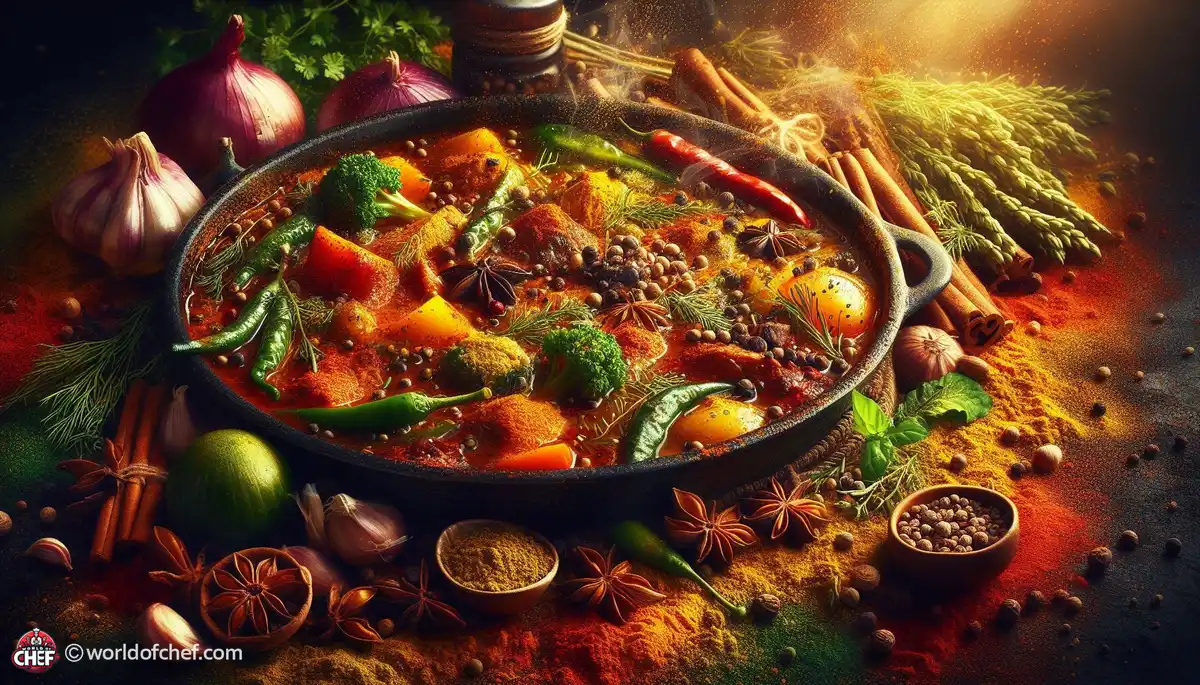
Simmering with Spices: Infusing Flavor into Your Dishes
Emery Donley - Oct 8, 2024 - 8 min read

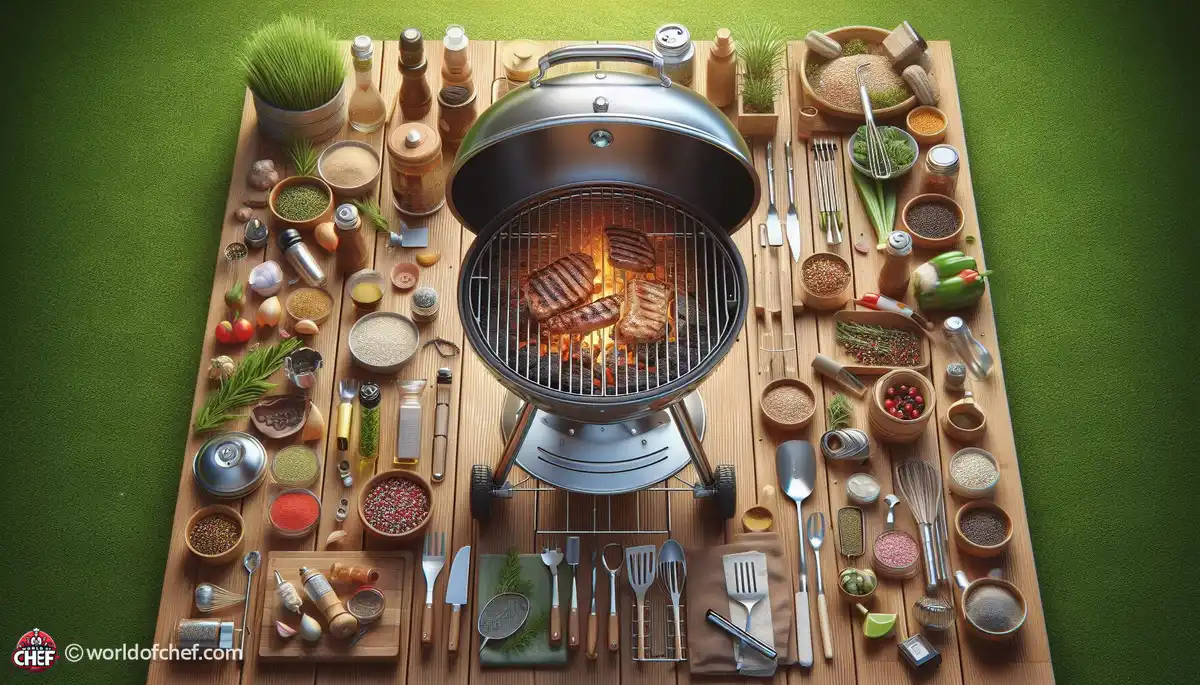
Grill-ification is not just a meal; it's art. A beginner stepping into this world can be pretty intimidating. It's very overwhelming to try to pick your way through the different kinds of grills, methods, and recipes that bombard you everywhere. So here is the beginner's guide to grill-ification - your stepping stone into becoming a grill master.
Gas grills are quite hassle-free, convenient, and have perfect control temperatures, making it very appropriate for beginners as well. Gas grill has the capability to light up instantly, and therefore becomes quite a handy device to use even at the most inappropriately odd times during busy weekdays or any unexpected summer picnic.
Purists love charcoal grills; they smoke, they work with charcoal, and people love how versatile and amazing they can be in adding that smoked flavor to meat. Even though it can be more challenging to set up than a gas grill, several enthusiasts praise this method as one that surpasses the competition in taste. Pellet grills represent patience and technique. Usually, patience and the skills used will get you to amazing results in the long run.
Pellet grills integrate the convenience of gas grill with the flavor of the charcoal grill. They will burn wood pellets, therefore, you will be allowed to infuse your foods with rich smoky flavor. Pellet grills are very versatile and thus can be used for all types of grilling smoking, roasting, baking, and other barbecue fanatics.
Seasoning is an important aspect before you start cooking; it creates a non-stick surface and prevents food from sticking to the grates. Seasoning your grill is very easy; all you have to do is brush the grates with oil and let them heat for about 15-20 minutes. The more you repeat this, the better your grill is seasoned.
Cleaning a grill is important for getting the best results in cooking and ensuring food safety. After every use, be sure to clean your grill. Scrub the grates with a grill brush to remove any leftover food particles and grease. Be sure to empty the drip tray and remove any ash or debris from the bottom of the grill. Cleanliness will ensure that your grill lasts longer and food tastes its best.
If you use a gas grill, make sure to check for gas leaks often. Before using your gas grill, always check the gas connections and hoses for signs of wear and damage. You can use the soap and water test: apply a soapy solution to the connections, turn on the gas, and if you see bubbles forming, it's leaking and you should replace those parts.
Mastering the grill also involves knowing the difference between direct and indirect heat. While direct heat happens when placing food directly above the source of heat, which then cooks it in high temperature and short cooking time, indirect heat places food away from the source of heat and cooks it much slower under controlled conditions. Knowing what to use when will serve you well.
Right temperature control is very important for successful grilling. Spend your money on a good quality meat thermometer so that you are sure whether your food is done well or not. For gas grills, adjust the burners in order to get the right temperature. The air flow vents should be tuned in charcoal grills in order to adjust the heat. Gradually, you will come to know the right temperature control which is similar to becoming a master grill master.
This causes flare-ups as the fat falls on the hot coals or burners; bursts of flames shoot up instantly. Although a small flare-up is quite acceptable and helps flavor your food, too much flare-up causes your food to be burnt and charred. The best way to prevent flare-ups is by removing extra fat from your meat, keeping a bottle of water ready to extinguish the fire when it gets out of control.
Select a location that is well-ventilated for your grill far from any flammable material like trees or bushes. Never grill indoors or within an enclosed area as this may cause carbon monoxide poisoning. Make sure you have enough airflow surrounding your grill to prevent harmful gas accumulation.
Always ensure proper food handling to prevent foodborne diseases. Thaw frozen meat before grilling in the refrigerator or microwave and marinate it in the fridge, not at the counter. Use separate cutting boards and utensils for raw and cooked meat to avoid cross-contamination. Cook the meat at the recommended temperature inside to kill any pathogenic bacteria.
Always have a fire extinguisher nearby while grilling. Never leave the grill unattended when in use and keep children and pets away from the grill area. In case of a grease fire, close the lid carefully and turn off the gas or smother the coals. Never try to move the grill or pour water on the fire as it will make the situation worse.
Grilling is a fun and rewarding way to cook mouth-watering meals while enjoying time with family and friends in the outdoors. Having the right grill, proper preparation, techniques, and safety measures will help you to be a grill master within no time. Fire up that grill, try new recipes, and taste the magic of flavors from grilling!

Emery Donley - Oct 8, 2024 - 8 min read
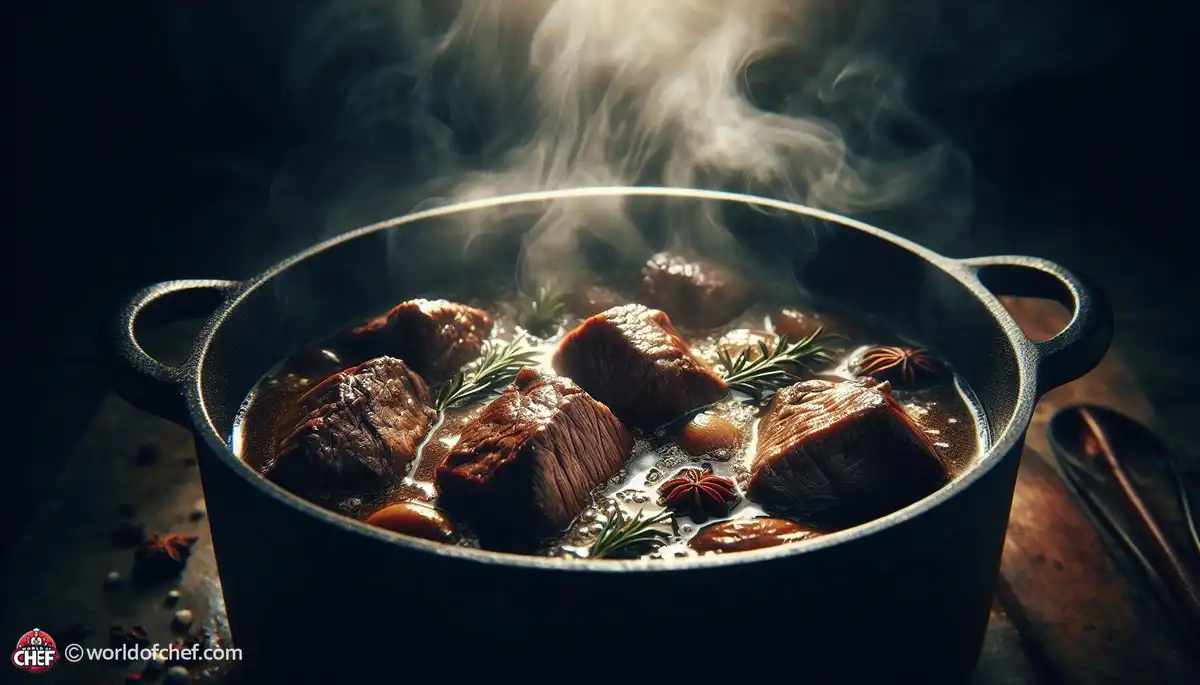
Russell Comeaux - Oct 8, 2024 - 8 min read
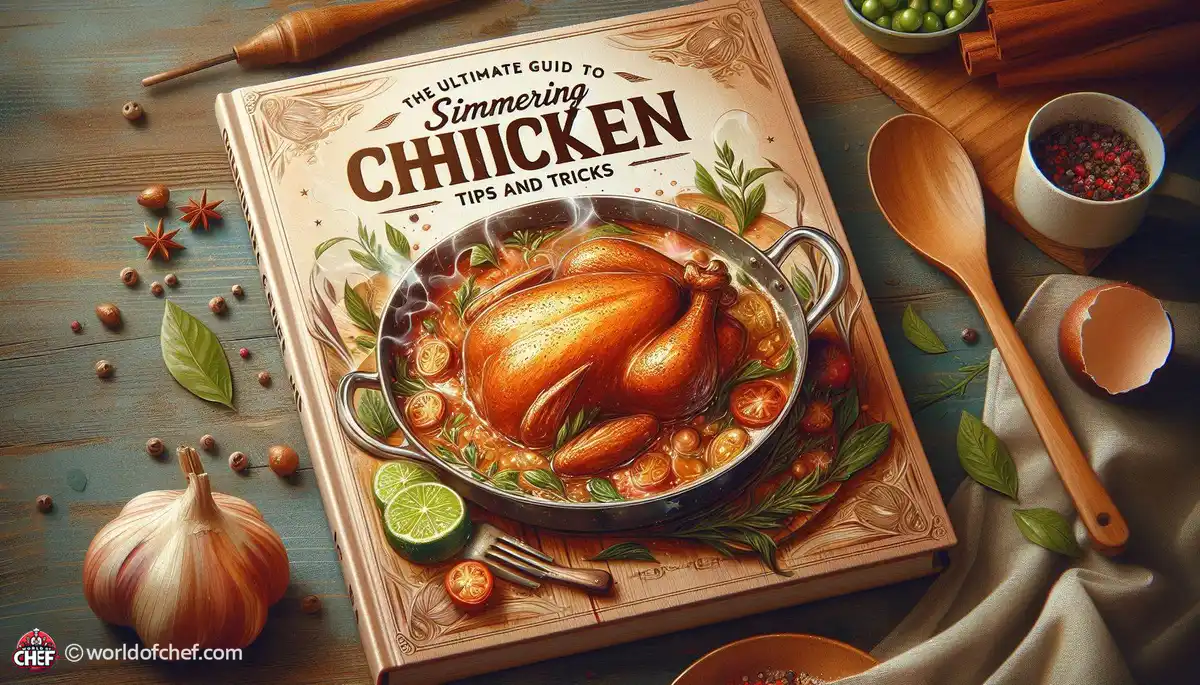
Walter Backus - Oct 7, 2024 - 8 min read
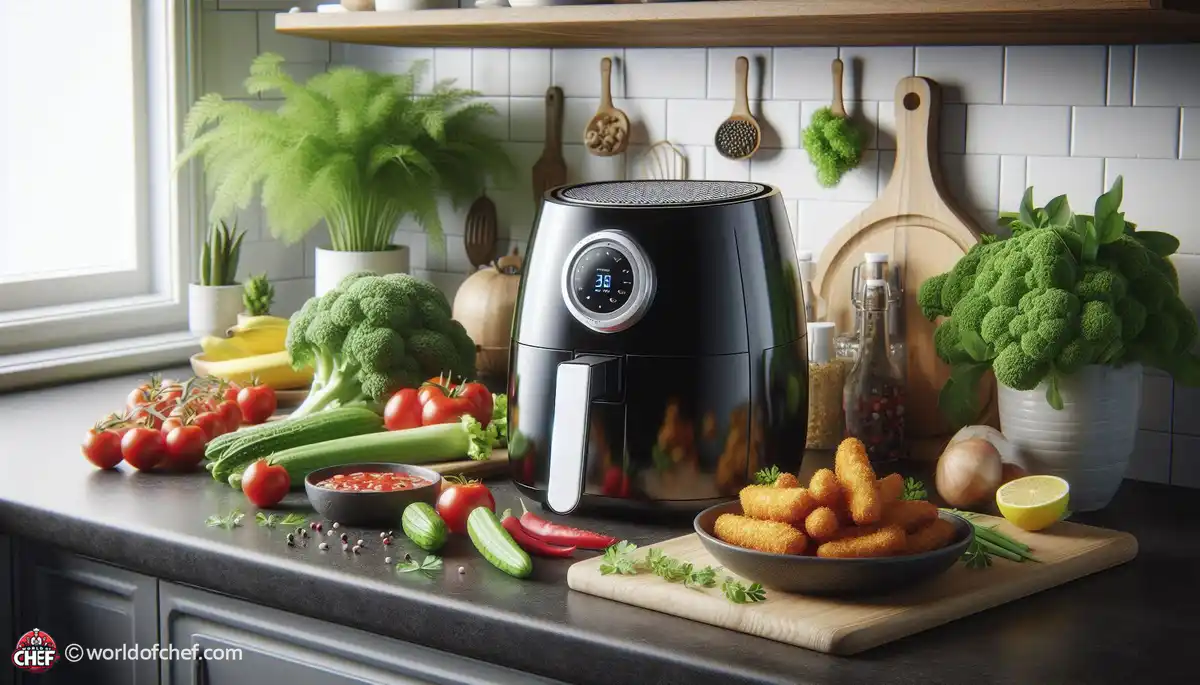
Samantha Thames - Oct 7, 2024 - 6 min read